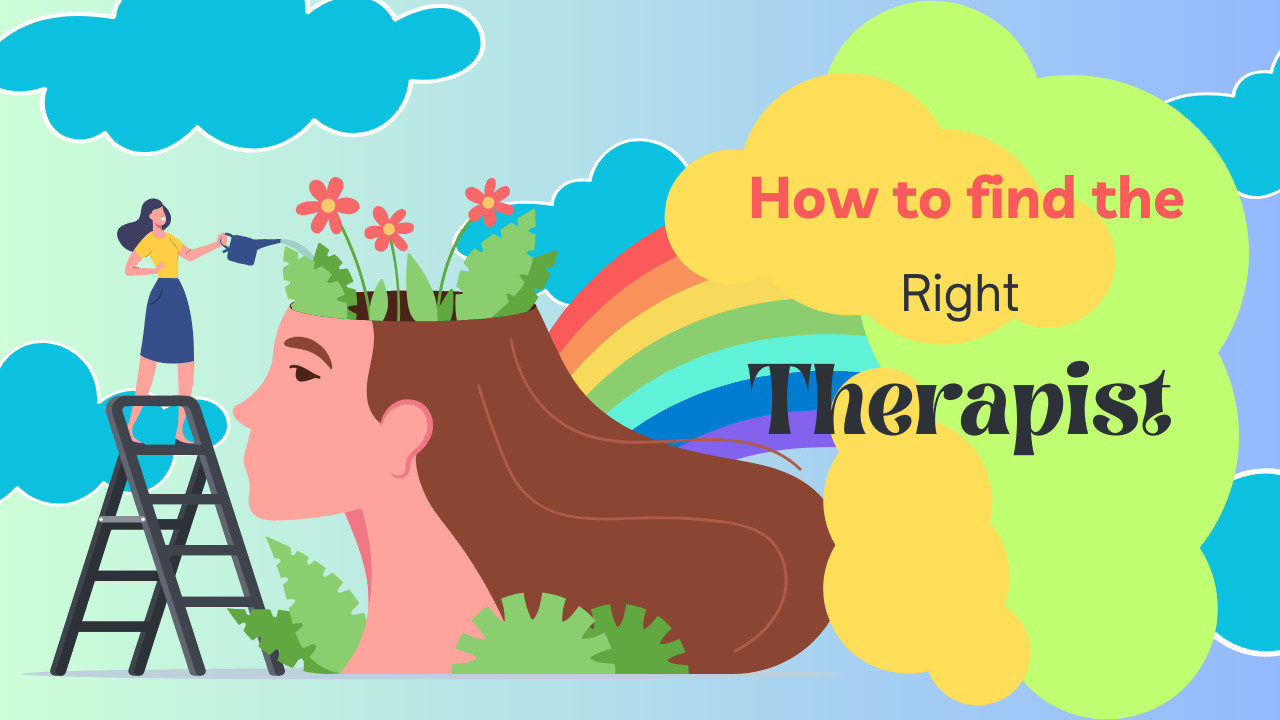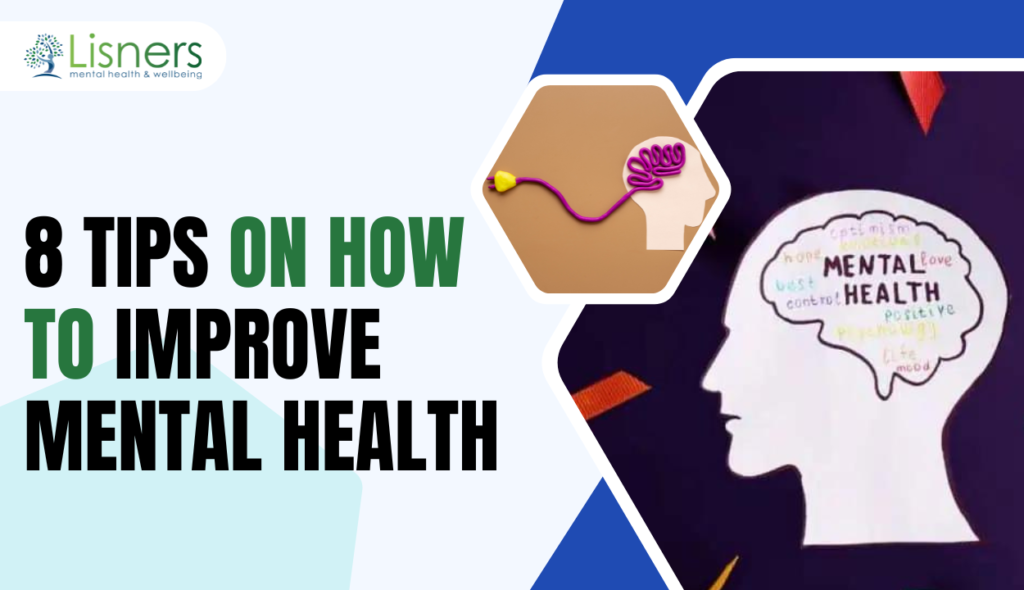
When it comes to your mental health, working with a therapist you trust is essential. But with so many therapists with different expertise and experience in the market, how do you know which one is right for you? This article provides some tips on things to consider when looking for a therapist, so that you can find the best fit for your needs.
Why therapy?
If you’re considering therapy, you might be wondering what it can do for you. After all, therapy is a considerable commitment of time and money. But therapy can be an incredibly valuable investment in your mental and emotional health. Here are some reasons why people seek out therapy:
– To explore and understand themselves better
– To learn how to cope with difficult life circumstances
– To work through traumas or other difficult experiences
– To develop healthy relationships
– To improve communication skills
– To manage anxiety, depression, or other mental health conditions
If any of these resonate with you, therapy could be a helpful step in your journey towards wellness. However, the important thing here is to find a therapist who is made for you. This means someone who is a good fit for your personality and who specializes in the areas you’re looking to address. Once you find that match, therapy can be an invaluable tool for helping you grow and heal.
How to find the right therapist?
When you’re looking for a therapist, it’s important to find someone who is a good fit for you. Here are some tips that may help you find the right therapist:
1. Do your research. Read reviews and ask around for recommendations.
Talk to your friends, family, or even your primary care doctor to see if they have any suggestions for therapists in your area. You can also look up therapists in your area online.
2. Find a therapist who specializes in the area you’re seeking help with.
If you’re dealing with anxiety try to find out a therapist who specializes in treating anxiety disorders.
3. Make sure you feel comfortable with the therapist. It’s important that you feel like you can be open and honest with them. This means being able to openly and honestly communicate with them about what’s going on in your life
4. Be prepared to commit to the therapy process. Therapy can be helpful, but it takes time and effort to see results.







